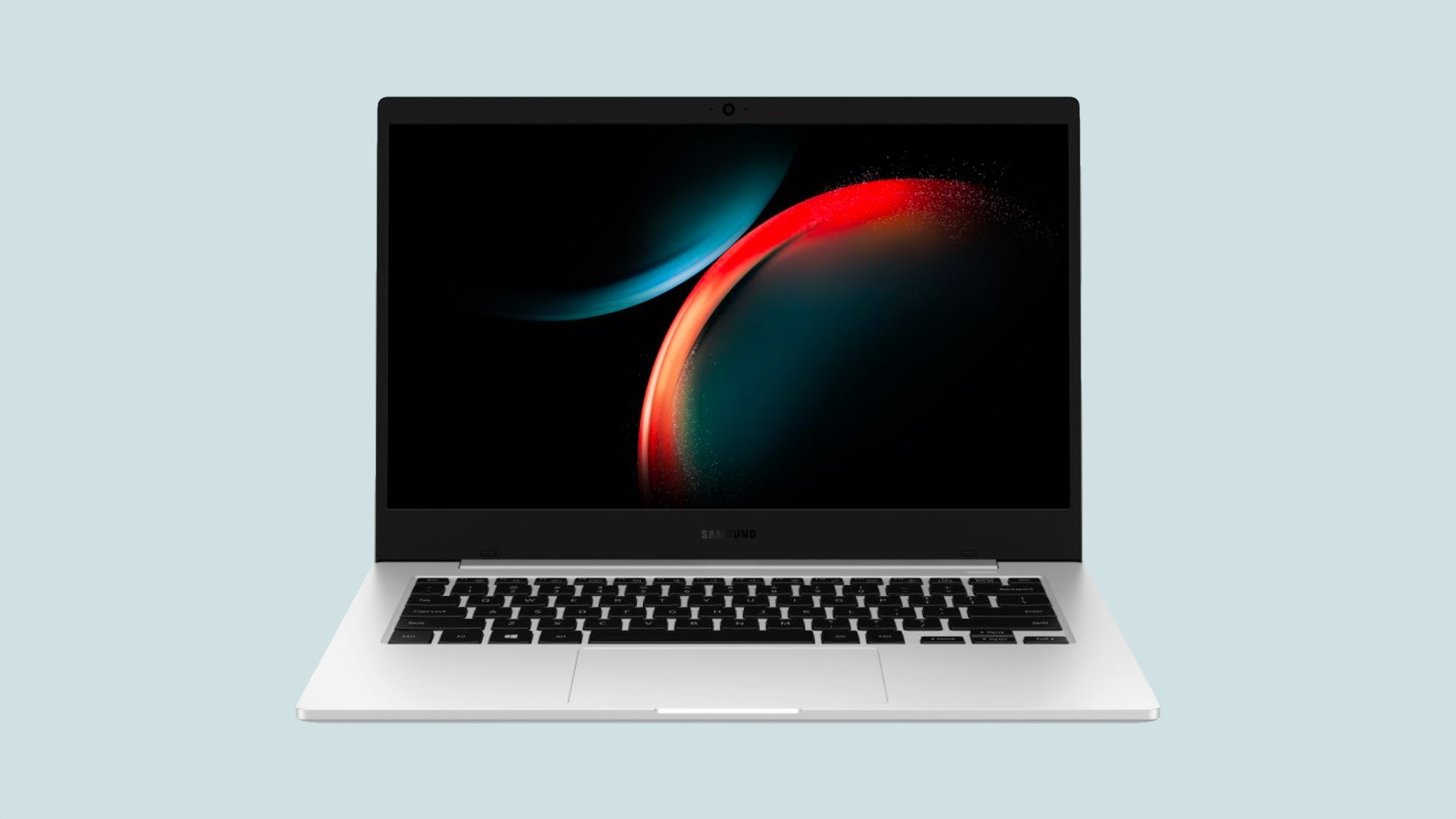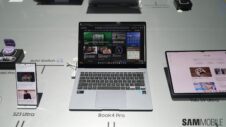Samsung has been launching Galaxy Book laptops with ARM-based Snapdragon processors for a couple of years now. While Windows works generally well, and so do most of the stock apps, not all applications are natively built for the ARM processor. One of the most popular apps and the most popular web browser in the world, Google Chrome, will now work better on laptops with ARM-based processors.
Native ARM64 version of Google Chrome arrives just in time for Snapdragon X Elite-powered Windows laptops
Google seems to have finally begun testing Google Chrome for ARM-based processors. It was spotted by X (formerly Twitter) user Pedro Justo (via TheVerge) that a native version of Google Chrome for ARM-powered devices is now available. It was found in the latest nightly builds of Chrome in the Canary channel. However, this is under beta testing as of now, and there is no information on when it will reach the stable phase. People have started downloading and installing it on ARM-based computers and laptops running Windows 11. So, if you have an ARM-powered computer and if you love working on Chrome, you can now start using its beta version.
Microsoft has long been supporting Windows for ARM-based computers, and its Edge browser has always been natively built for ARM64. It is based on the Chromium web engine, too, just like Google Chrome. However, until this week, Google had never shown any signs of supporting the ARM64 version of its web browser on Windows. Until now, users had to run Google Chrome's x64 version in emulated mode on Windows for ARM, and emulation is often quite slower than native versions. You can now use it on the Galaxy Book Go, Galaxy Book 2 Go, Galaxy Book 3 Go, and the Galaxy Book 2 Pro with a Snapdragon processor.
Samsung is also making an ARM-powered Galaxy Book Windows laptop with Snapdragon X Elite processor
This year could be big for ARM-based laptops that run Windows. Last year, Qualcomm unveiled its latest flagship ARM-based processor, the Snapdragon X Elite, for Windows-based laptops. According to Qualcomm's claims, it is 21% faster than Apple's M3 processor. It is made using TSMC's 4nm process and claims to have battery life almost as long as Apple's MacBooks. Samsung has teased that it will launch a laptop with the Snapdragon X Elite processor this year.
Author's Note: Laptops running Windows and using ARM-based processors from Qualcomm could finally reach Apple MacBooks in terms of performance AND battery life. Moreover, Qualcomm's Snapdragon X Elite processor features a built-in 5G modem, which means laptops using that processor would also be able to connect to 5G cellular networks for an always-connected experience. It would be a major advantage of Snapdragon X Elite-based laptops over MacBooks. If Qualcomm can truly deliver on its claims, 2024 could be seen as a transformational year for Windows laptops. They have long been in terms of experience and battery life, and this is Microsoft's chance to work with Qualcomm to match with Apple.
It is rumored that both AMD and Nvidia will also launch ARM-based processors for Windows laptops in the future. So, the future seems bright for the Windows ecosystem, and the only thing that can ruin it is Microsoft itself. There have been several instances in the past where Microsoft didn't work or plan well enough to capitalize on some good ideas. If Microsoft doesn't optimize Windows well enough for ARM-based processors and doesn't push app and game developers to make optimized versions of their apps and games for the ARM platform, it would be missing out on a bright future.






